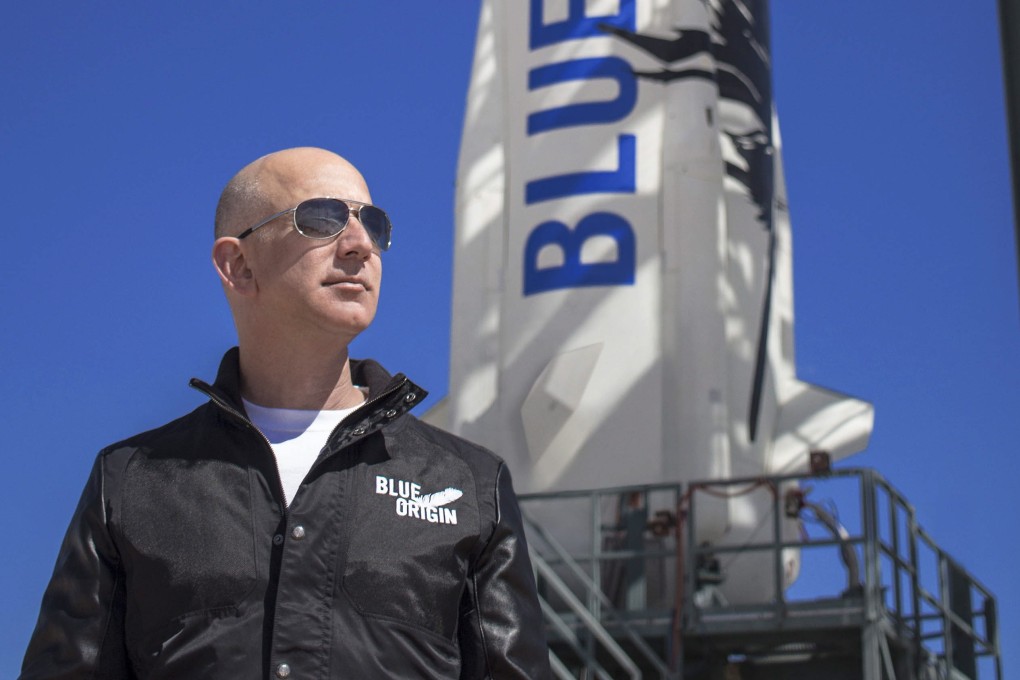Abacus | Nuclear fusion or galactic pollution, what’s the conclusion for China’s billionaires?
- The rivalry between the American and British innovators Bezos, Musk and Branson has become a circus as their massive wealth goes to one-upmanship in super hi-tech endeavors
- The rapid growth of relatively young Chinese billionaires over the last 12 months gives them ample time to join in, but will it be spaceships, hyperloops or clean energy perhaps?

THERE ARE CHILDREN SOMEWHERE, I CAN SMELL THEM
In my youth, I wanted to be an inventor. I was glued to old movies on the telly about Thomas Edison, Barnes Wallis, Louis Pasteur, and of course Ian Fleming’s fictional Caractacus Potts. All good, clean Sunday afternoon BBC TV.
After school I would race to my garden-shed headquarters to work on ideas for how to make my wooden go-kart steer using a joystick, and for how to make it go without my mate Gary pushing it.
My rocket design never flew, but I remember watching a programme about Sir Christopher Cockerell, the inventor of the hovercraft. By utilising a few tin cans and a vacuum cleaner, he proved his floating contraption could work. Perhaps I was on the right track with those bean cans after all.
